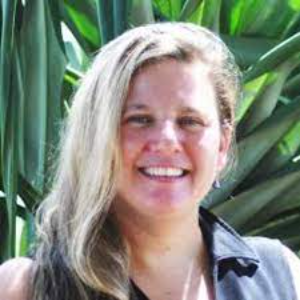Title : Climate Child: New Imaginaries in a Posthuman World
Abstract:
Children are growing up in increasingly precarious times, as rates of anthropogenic climate change, loss of biodiversity, human overpopulation, ubiquitous computation, and biotechnological interventions continue to advance and proliferate with alarming frequency. New theoretical, methodological and pedagogical approaches are needed that are responsive to the rapidly changing conditions of the Anthropocene epoch, a time in which humanity has become a geophysical force that is fundamentally altering the Earth’s ecological systems (Steffen et al, 2015). The convergence of social, technological, and natural systems has produced what many scholars of childhood now describe as a “posthuman” condition, in which both the biological and cultural figurations of the “child” are being drastically reconfigured and destabilised under conditions of climatic, political, and ecological instability.
How are children’s climate change imaginaries shifting in response to the rapidly changing conditions of life in the Anthropocene? How might children themselves contribute to this re-imagining of climate change futures, in ways that open up new climate imaginaries and potentials for future co-existence? This keynote address responds directly to these questions by drawing upon an international research program, entitled Climate Change + Me involving 150+ youth co-researchers.


